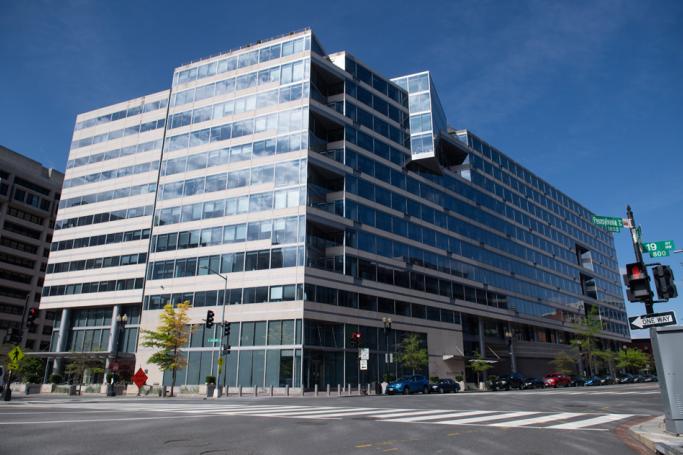Although officially recorded cases of COVID-19 in Myanmar remain low, the social and economic effects could be significant, given the externally oriented economy, uneven social safety nets, and the fragile healthcare system, according to a report just released by the International Monetary Fund.
IMF emergency financing of $356.5 million, along with external financing, the Debt Service Suspension Initiative, and continued capacity development, are alleviating the impact of COVID-19, while establishing the roots for more sustained and inclusive growth. The government’s COVID-19 Economic Relief Plan aims at minimizing the pandemic’s impact by stimulating the economy and boosting spending on health and social safety nets.
Compared to other countries in the region, Myanmar’s COVID-19 outbreak appears to be limited. The country reports about 300 confirmed cases despite its large population of 54 million, possibly reflecting limited testing capacity. The authorities implemented strict containment measures well before the case count picked up, including travel restrictions, closure of land borders, and bans on mass public gatherings, helping to flatten the curve of infections.
The COVID-19 shock has affected the economy’s key growth engines. Myanmar has seen a sharp decline in exports, remittances, and tourist arrivals. At the same time, domestic economic activity has been constrained by measures taken to control the spread of the virus. Such disruptions have affected households and businesses, including in agriculture, which comprises a fifth of the economy and over half of employment. Furthermore, nearly four out of five workers in Myanmar are employed in the informal sector, with limited access to social safety nets. There is high uncertainty around growth in the short term, also reflecting the intensity and duration of containment measures, and the evolution of external conditions.
At the same time, gas prices have taken a hit as global oil prices collapsed. Natural gas comprised 40 percent of exports and 20 percent of government revenues in fiscal year 2018/19, further straining the current account and fiscal position.
The kyat has appreciated in contrast to regional trends. The trade deficit had narrowed for about a year, leading to exchange rate appreciation pressures. This trend has now started to unwind. This may continue as imports pick up and the economy is projected to recover. At the same time, Myanmar’s foreign exchange intervention rule, adopted late last year, has facilitated accumulation of foreign exchange reserves, which remain inadequate. IMF emergency financing will help to bolster reserves in view of the uncertain length and intensity of the pandemic, lack of market access, and heightened external and banking sector vulnerabilities.
Social spending, particularly on health, is expected to increase over the medium term, from a very low base compared to other countries. The government intends to raise cash and in-kind transfers to the most vulnerable and at-risk groups in all regions of the country, including by leveraging digital payments. Proactive monetary and financial sector policies will continue to support the economic recovery while remaining anchored on ensuring macroeconomic and financial stability.
Risks to debt sustainability are limited, despite the increase in urgently needed spending. The spending needed to support urgent recovery measures, as well as the decline in revenues, will raise Myanmar’s fiscal deficit and put pressure on funding. However, risks to debt sustainability are limited as both domestic and external public debt are relatively low, allowing a scaling up of lower cost external borrowing to support faster and more inclusive growth.












